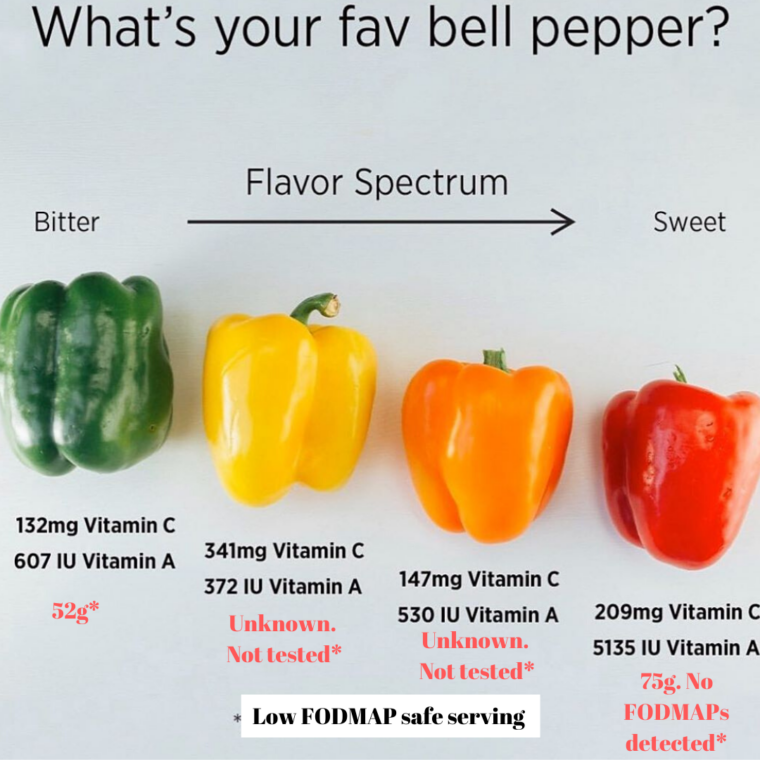Hello, everyone! Today, I want to introduce you to a fascinating ingredient – bell peppers. Bell peppers come in a variety of colors, and each color offers different nutrients and benefits. Let’s dive into the rainbow of health benefits these colorful vegetables provide.
Introduction to Bell Peppers: Diversity in Color and Basic Information
Bell peppers are known for their variety of colors, including orange, red, yellow, and green. These colors indicate the rich nutrients bell peppers contain. While bell peppers contain capsaicin, which is responsible for the spicy taste, they are generally not very spicy but rather fresh and sweet in aroma.
Red Bell Pepper: Nutrients and Health Benefits
- Nutrients: Red bell peppers are rich in beta-carotene, vitamin C, and vitamin E. Beta-carotene helps prevent cell damage and boosts immunity through its antioxidant action. Vitamin C aids in infection prevention and inflammation reduction, while vitamin E positively affects cardiovascular health. These nutrients make red bell peppers an effective source of health benefits .
Yellow Bell Pepper: Nutrients and Health Benefits
- Nutrients: Yellow bell peppers contain vitamin C, vitamin A, and lutein. Vitamin A helps improve vision, vitamin C strengthens the immune system and aids in skin beauty, and lutein helps prevent depression and improves mental health. Yellow bell peppers offer a variety of health benefits due to these nutrients .
Green Bell Pepper: Nutrients and Health Benefits
- Nutrients: Green bell peppers are rich in vitamin C, potassium, and dietary fiber. Vitamin C is effective in strengthening the immune system and preventing aging, potassium helps control blood pressure, and dietary fiber aids in digestion and prevents constipation. Green bell peppers can significantly contribute to health with these nutrients .
Orange Bell Pepper: Nutrients and Health Benefits
- Nutrients: Orange bell peppers contain beta-carotene, vitamin C, and vitamin E. Like red bell peppers, they play a role in preventing cell damage and boosting immunity through antioxidant action. Vitamin C helps prevent colds and alleviate infections, while vitamin E has a positive impact on cardiovascular health. Orange bell peppers provide various health benefits with these nutrients .
Precautions and Side Effects When Consuming Bell Peppers
When consuming bell peppers, it’s important to be aware of a few precautions. Some people may experience indigestion or gastrointestinal issues due to the capsaicin content. Those with digestive disorders should consume them in moderation. Additionally, bell peppers can cause allergic reactions in some individuals, and excessive consumption may lead to constipation. It’s crucial to maintain an appropriate intake.
Utilizing Bell Peppers in Healthy Recipes
Bell peppers can be used in various dishes. Adding them to salads can enhance freshness and healthiness. They can also be used in stews, soups, roasted as sauces, or pizza toppings, and incorporated into pasta or sandwiches. Exploring different ways to include bell peppers in meals is a great way to enjoy their health benefits.
Storing and Maintaining Freshness of Bell Peppers
For the best taste and health benefits, it’s ideal to consume bell peppers fresh. Storing them in the refrigerator can help maintain their freshness. Canned bell peppers are also available and can be stored at room temperature, but once opened, they should be refrigerated to keep them fresh.
Tips for Purchasing Bell Peppers: Choosing the Best Quality
When buying bell peppers, look for those with bright, glossy colors and no blemishes or discoloration. The fragrance and firmness are also indicators of quality. Following these tips can help you select the highest quality bell peppers.
Nutritional Comparison of Bell Peppers with Other Vegetables
Compared to other vegetables, bell peppers provide rich nutrients. For instance, they offer higher levels of vitamin C and beta-carotene than carrots and more potassium than spinach. This comparison highlights the nutritional value of bell peppers.
Bell peppers, with their variety of colors and flavors, contain numerous nutrients. Red bell peppers are rich in beta-carotene and vitamin C, yellow ones in vitamin C and vitamin A, green ones in vitamin C and potassium, and orange ones in beta-carotene and vitamin C. These nutrients can significantly benefit our health. Therefore, incorporating bell peppers into various dishes is a great way to enjoy a healthy diet. Additionally, selecting the highest quality bell peppers and consuming them in appropriate amounts is essential for maintaining health. 😊














Leave a Reply